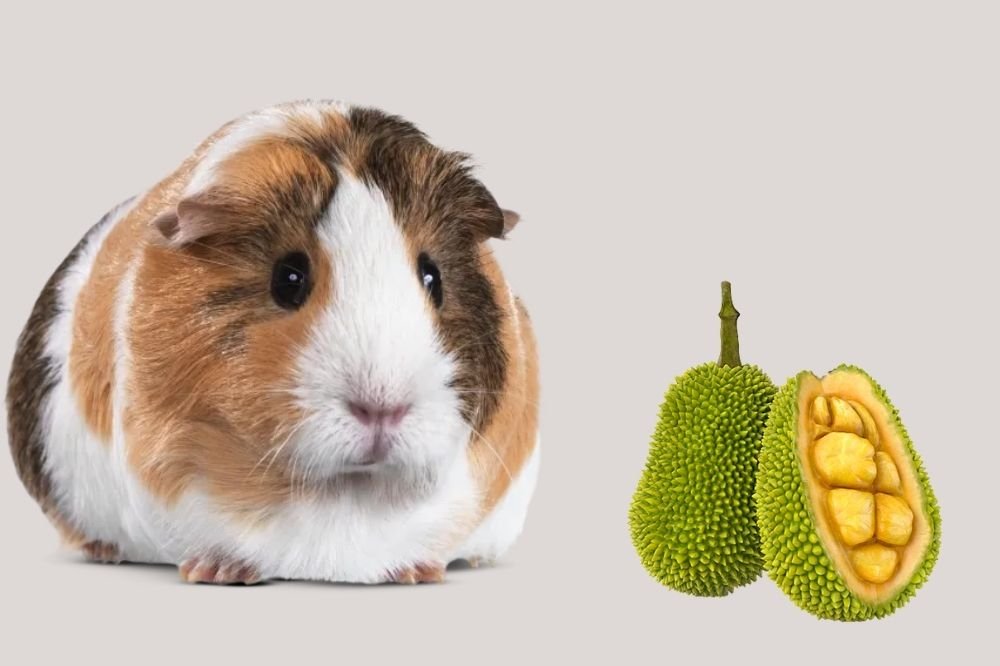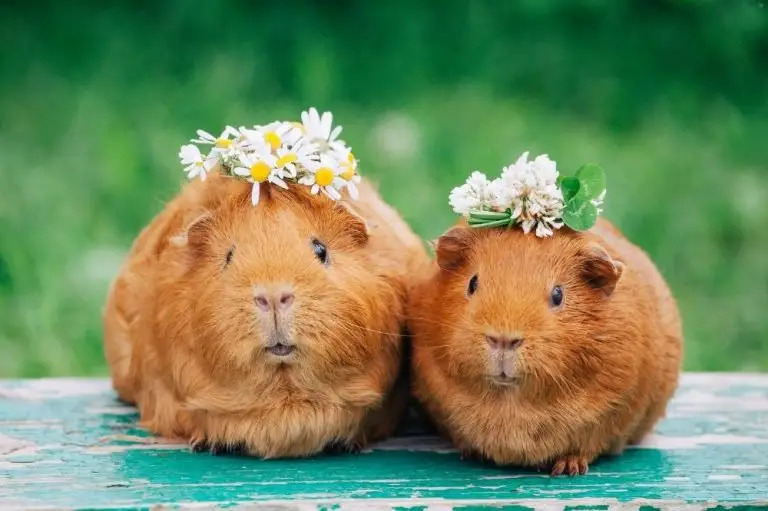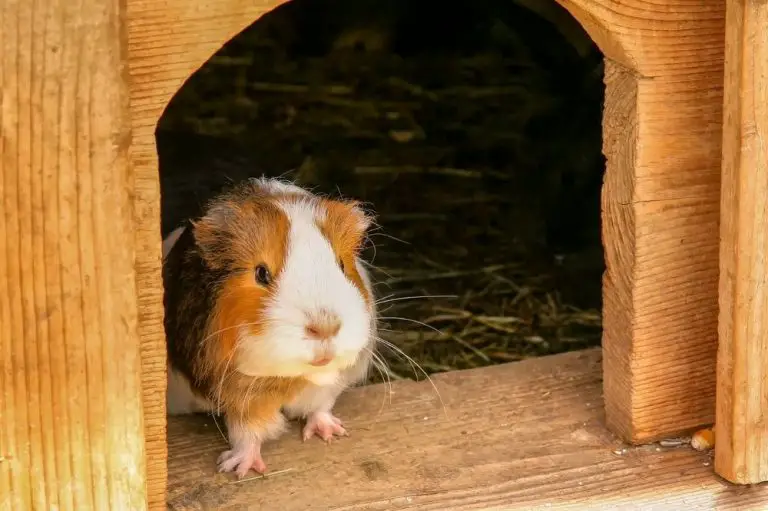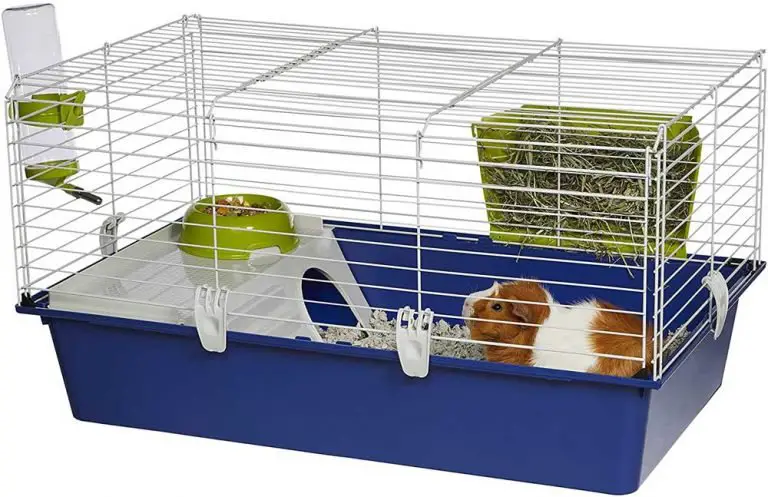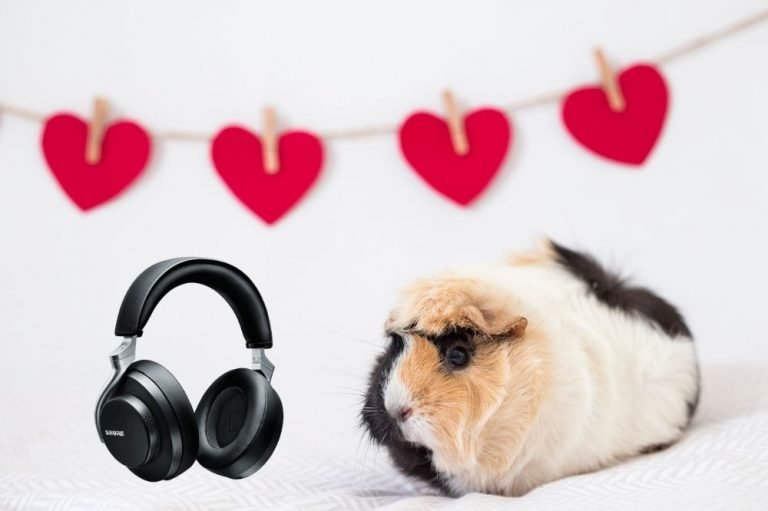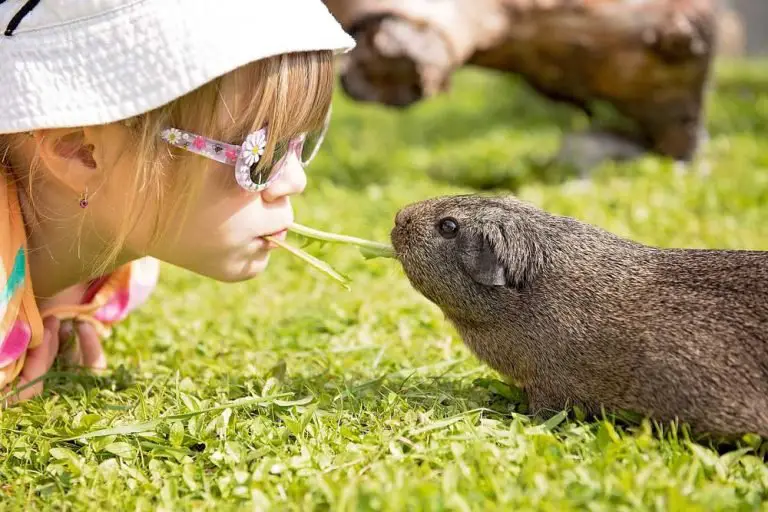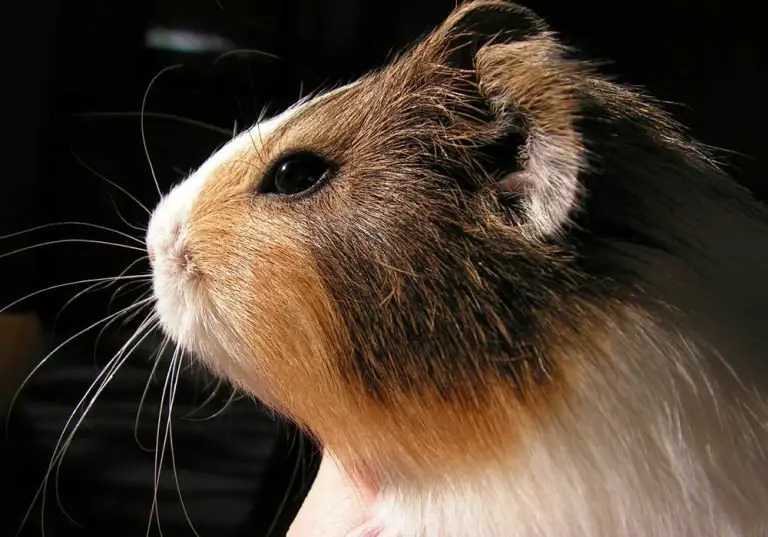Can Guinea Pigs Eat Jackfruit?
Jackfruits are an uncommon and seasonal fruit that is rare on supermarket shelves. However, it can be found in grocery stores and local markets.
Jackfruits have a mixed-flavour kind of taste. They will taste like apples while at the same time tasting like pineapples and bananas. The peel is usually rough and inedible.
The parts of the fruit that are edible include the fleshy white part and the seeds which can be cooked. Some people will enjoy this exotic fruit while others will not.
If you are wondering whether it’s safe to give some jackfruit to your guinea pig, then keep reading to find out.
Can guinea pigs eat jackfruit?
Guinea pigs can eat jackfruit because the fruit is very nutritious and sweet for them to have as a treat. Jackfruits contain vitamins and nutrients that aid in digestion, boost their immunity, reduce their risks of getting some diseases, and lower inflammations. However, jackfruits are high in sugar which can be harmful to guinea pigs if fed in high amounts.
Benefits of feeding jackfruit to guinea pigs
Jackfruits have a lot of beneficial nutrients in them for your pet like:
Vitamin C
Jackfruits are high in Vitamin C making them great for guinea pigs. Like humans, guinea pigs lack the ability to create and store Vitamin C.
This requires you as their owner to provide them with Vitamin C by sourcing foods that contain the vitamin. A deficiency of Vitamin C in your pets is harmful to their health and it can even be fatal.
Lack of Vitamin C leads to scurvy, a condition that affects their joints, bones, and skin. Scurvy is very painful for them leading to a rough coat, inability to clot blood, lethargy, and even diarrhoea.
It’s a common disease in guinea pigs that is also a common cause of their death. This makes it vital for you to provide foods rich in Vitamin C in their diet.
Vitamin C will work in boosting their immune system and it will lead to faster healing of wounds.
Fiber
Fiber functions by improving digestive health. Guinea pigs are small animals and their small bodies lack a complex digestive system.
Instead, they have a delicate digestive system that is prone to stomach upsets and digestive issues. The fiber in their diet works to smoothen out the digestion and prevent constipation.
Dietary fiber also helps to regulate blood sugar in guinea pig bodies. Fiber will control the breaking down of sugar by slowing it down and thereafter ensuring that it is absorbed gradually in the blood.
This regulation process is a factor in the energy levels of your pet. As it’s slowly released, your pet will have their energy boosted and spread out evenly throughout the day making them active.
Potassium
Potassium works in lowering blood pressure. It does this by balancing out the number of electrolytes and the amount of water content in the body.
Carotenoids
Carotenoids in jackfruits enhance heart health by reducing the risk of heart disease. They also prevent diabetes and reduce inflammations.
Harmful effects of jackfruit to guinea pigs
Jackfruits are nutritious to guinea pigs but like with everything else, they should be fed in moderation. If fed in high amounts jackfruits will lead to some health problems.
High amounts of jackfruit contain:
Sugar
Jackfruits have a lot of sugar. This poses a health risk to guinea pigs as they should never be fed much sugar.
Sugar brings about similar problems in guinea pigs like it does in humans for instance tooth decay. Guinea pigs have teeth that will grow all through their lives.
These teeth require to be worn down through constant chewing. This makes them susceptible to dental problems at some point in their lives.
Eating food with lots of sugar will only make their teeth problems worse as the sugar brings about painful teeth decay.
Sugar will also lead to unhealthy weight gain that will eventually make your pet suffer from obesity. Obesity will make them unable to groom themselves properly or even move like they normally would.
Obesity presents health problems in guinea pigs too. It makes them prone to some diseases.
Sugar and obesity bring about diabetes. Signs of diabetes in your pet will be an increased intake of water, high appetite levels, and weight loss. Diabetes causes other health conditions like kidney problems.
How to feed jackfruit to guinea pigs
Jackfruits are usually bought making them exposed to bacteria and chemical residue. Although the peels are removed, you should still ensure that you wash them properly.
Due to their sticky nature, lather your hands and knife with vegetable oil or wear latex gloves because their juice will stick on anything including your clothes and cutting board.
Cut up the fruit in half using the knife or just use your hands. The white flesh is the only safe part for your guinea pig to eat.
Cut out the inner stem and remove the seeds too. Seeds are hard and dangerous for guinea pigs as they present a choking hazard.
Slice up the flesh and offer some pieces to your pet. Watch them for the next 12 hours for any signs of stomach upsets or diarrhoea.
If there are none, then it’s okay to feed them the fruit, if they have some side effects though, do not feed it to them again. Due to the fruit’s sugar content, feed it only once a week.
Avoid giving any cooked parts including seeds as guinea pigs should never be fed cooked foods.
Jackfruit alternatives
If your pet doesn’t seem to like jackfruit, you can feed them alternatives like:
- Cucumber – cucumbers are very hydrating and they are full of good nutrients like Vitamins A, C, and K.
- Lettuce – lettuce is also a great addition to their diet because it’s low in oxalates and calcium while being high in essential nutrients like Vitamin C and Vitamin A.
Conclusion
Jackfruit is a great treat for guinea pigs. It contains Vitamin C, fiber, potassium, and carotenoids which are all good for their health. The fruit should be fed in low amounts like once per week to avoid giving them excess sugar that is harmful to their health.

